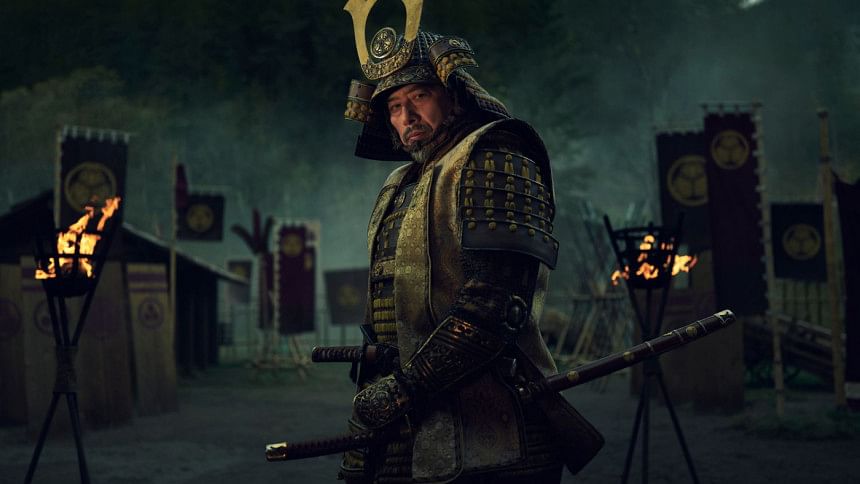‘They never make it better’: George RR Martin calls out TV and film adaptations

Renowned author George RR Martin, the creative mind behind the "Game of Thrones" series, has voiced strong criticism against TV and film adaptations of books, asserting that they often fail to measure up to their source material. In a recent blog post, Martin lamented the trend of screenwriters and producers altering beloved stories to "make them their own," often to the detriment of the original work.
Martin's comments were sparked by a panel discussion with Neil Gaiman, creator of the comic book series "Sandman", which was adapted into a Netflix series. Gaiman played a role in developing the adaptation, yet Martin refrained from commenting directly on its quality. Instead, he noted that the situation regarding adaptations has only deteriorated since 2022.

"If anything, things have gotten worse," Martin wrote. "Everywhere you look, there are more screenwriters and producers eager to take great stories and 'make them their own.' It does not seem to matter whether the source material was written by."
In his critique, Martin cited a list of literary giants, including Stan Lee, Charles Dickens, Ian Fleming, Roald Dahl, Ursula K Le Guin, JRR Tolkien, Mark Twain, Raymond Chandler, and Jane Austen. He pointed out that regardless of the author's prominence or the book's acclaim, there is always someone who believes they can improve upon the original narrative.
"No matter how major a writer it is, no matter how great the book, there always seems to be someone on hand who thinks he can do better, eager to take the story and 'improve' on it," Martin continued. "'The book is the book, the film is the film,' they will tell you, as if they were saying something profound. Then they make the story their own."
Martin's stance is unequivocal: "They never make it better, though. Nine hundred ninety-nine times out of a thousand, they make it worse."
However, Martin acknowledged that there are exceptions to this trend. He praised the FX series "Shogun", based on James Clavell's 1975 novel, as an example of a successful adaptation. Martin fondly remembered reading the book upon its release and watching the 1980 miniseries adaptation starring Richard Chamberlain, which he described as "a landmark."

"I am glad they did, though. The new "Shogun" is superb," Martin remarked about the latest adaptation. "Better than Chamberlain's version, you ask? Hmmm, I don't know. I have not watched the 1980 miniseries since, well, 1980. That one was great too."
He noted that while the old and new versions of "Shogun" have significant differences, such as subtitles for the Japanese dialogue, both remain faithful to Clavell's novel in their own ways. "I think the author would have been pleased. Both old and new screenwriters did honour to the source material, and gave us terrific adaptations, resisting the impulse to 'make it their own.'"

 For all latest news, follow The Daily Star's Google News channel.
For all latest news, follow The Daily Star's Google News channel. 









Comments